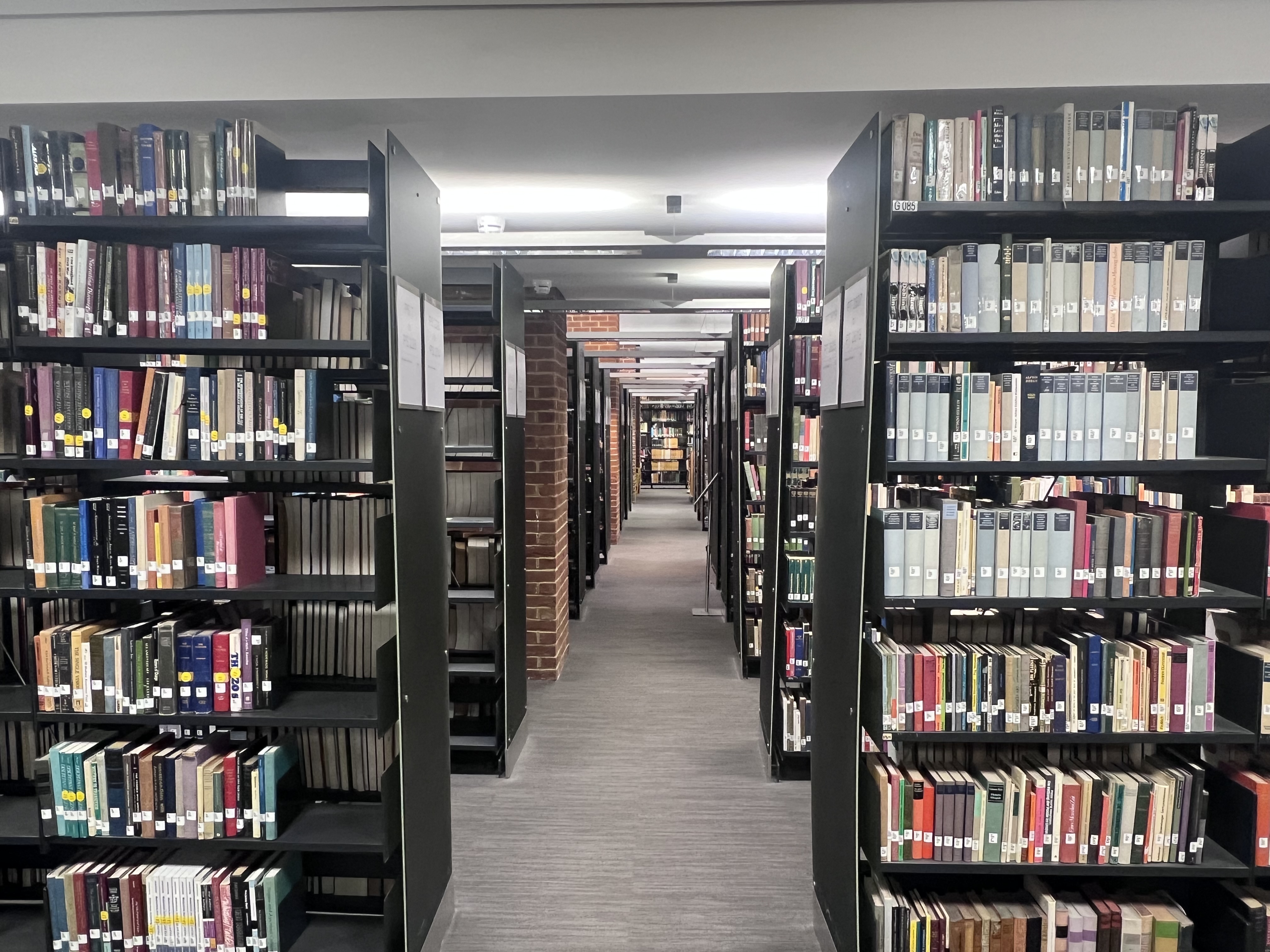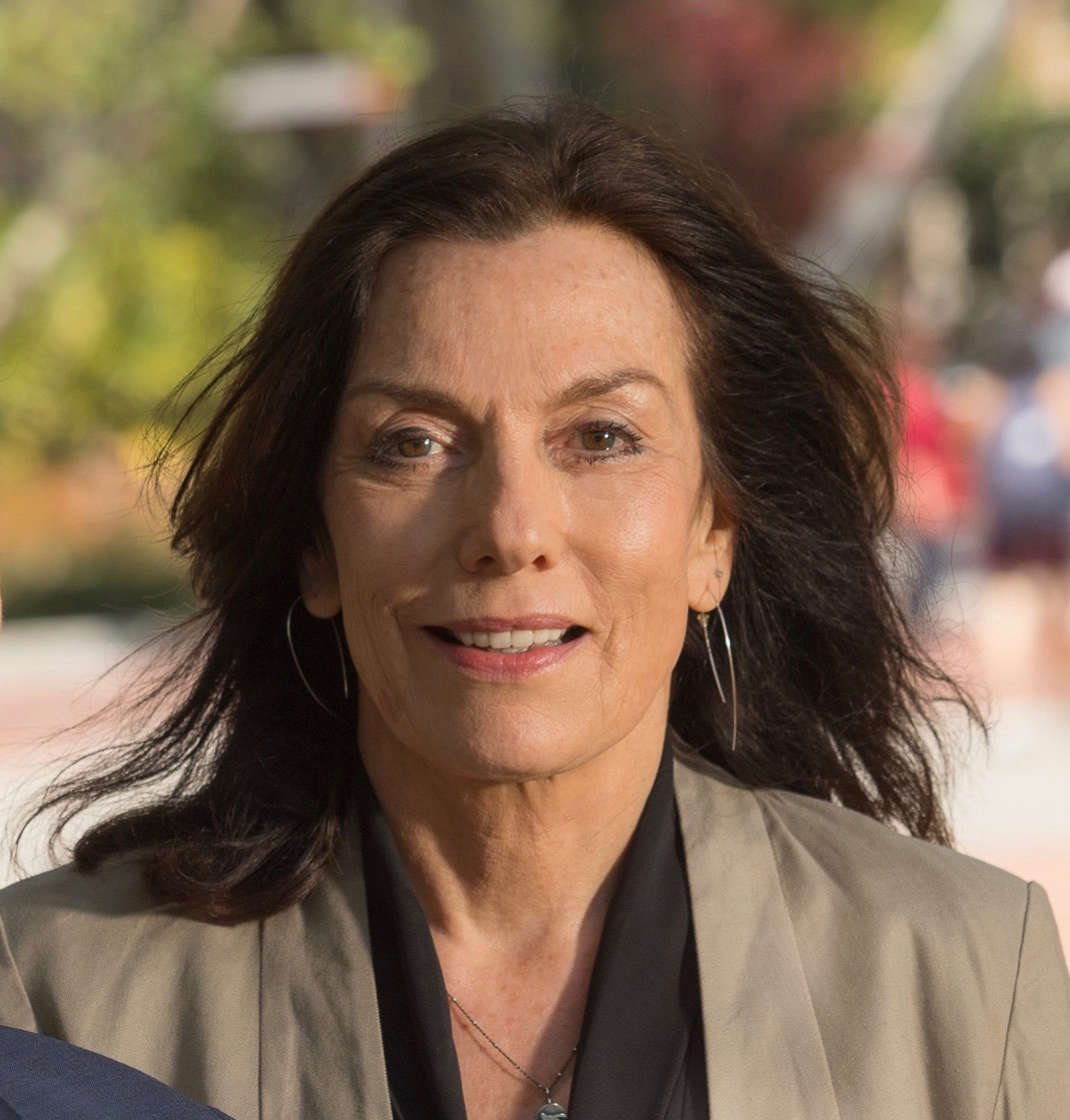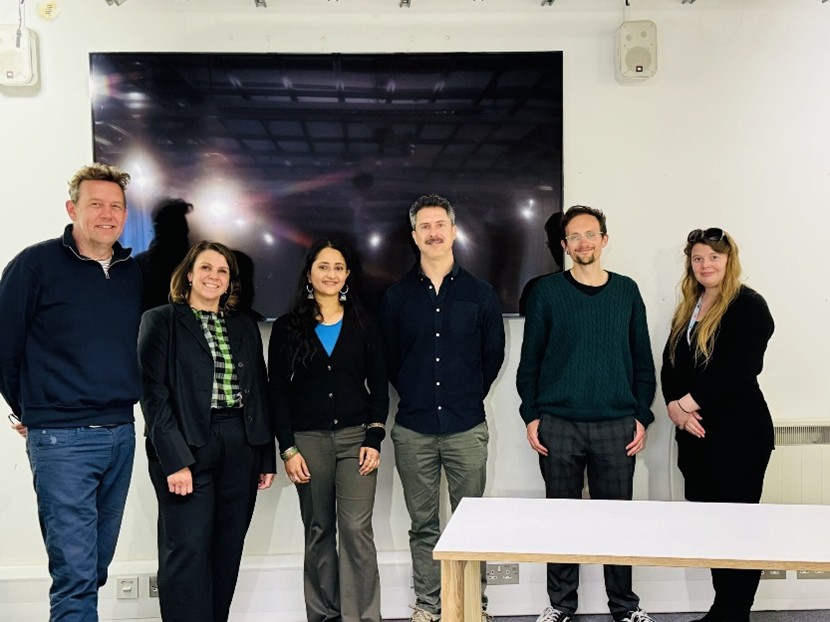In the digital age, where unprecedented access to information has revolutionized media consumption and knowledge-sharing, the challenge of discerning reliable from unreliable information has become increasingly critical. Our information landscape is oversaturated, often driven by special interests and bad actors, and anyone with a smartphone and internet connection can broadcast nearly anything—accurate or not—to vast audiences. In an environment where false or misleading claims gain traction faster than ever before, the role of reputable research publishing has never been more crucial.
Mis- and disinformation pose significant threats to society. When false claims sway public opinion, they can have dangerous effects on critical spheres such as public health, democracy and elections, and science and education. The unfathomable volume of digital content at our fingertips, paired with our propensity to take mental short cuts and privilege information that reinforces our own beliefs, make it tempting to share inaccurate information without first verifying it. Major social media companies have also reduced their fact-checking efforts, removing important safeguards. The problem has become so widespread that the United Nations launched a set of Global Principles for Information Integrity in 2024 to advocate for—among other measures—increased media literacy, greater transparency from information providers, and the breakup of monopolistic control over information networks.
In such a landscape, it is more vital than ever that the academic community and its publishing partners actively combat misinformation by upholding the highest standards of research integrity, cultivating public awareness of evidence-based knowledge, and fostering information literacy.
Upholding the Scientific Method and Research Integrity
One of the fundamental principles of science is that it is never certain, and public distrust in science actually deepens when science communicators overstate the confidence of scientific findings. But the scientific process is designed to produce results that are methodical and testable, in order to develop more reliable standards for sound reasoning. The role of research publishing, then, is to uphold these rigorous standards to enforce scientific integrity, protect the scholarly record, and communicate reliable frameworks that drive societal progress. To achieve this, authors, editors, and publishers work together to:
- Conduct thorough peer review on every research article to assess validity, methodology, and conclusions
- Transparently disclose all conflicts of interest, funding sources, and ethical considerations such as Institutional Review Board (IRB) approvals
- Properly cite claims foundational to the conclusions of the paper and ensure that those references also use credible sources
- Issue corrections or retract flawed research as needed to protect the integrity of the scholarly record and strengthen credibility and trust
- Clearly communicate research limitations to reduce misinterpretations
- Prioritize rigor over speed to avoid costly errors
- Encourage healthy debate and disagreement among diverse schools of thought
Bridging the Gap Between Research and the Public
Scholarly research is often siloed in niche academic circles, limiting its impact on the broader public. Research—for good reason—lacks the sensationalism of popular media and isn’t typically written for a lay audience. To effectively combat misinformation, scientific knowledge must be more accessible and digestible. Fortunately, there are strategies we can employ to help achieve greater public access to knowledge:
- Open Access Initiatives: Increasing Open Access content removes the financial barriers to knowledge. Temporarily freeing up articles for promotional purposes or permanently removing a paywall after a period of time also increases article usage beyond paid subscribers.
- Plain Language Summaries (PLS) and Multimedia: Visual abstracts, video summaries, and non-technical explanations of scientific findings make complex research more digestible.
- Utilize Popular Science: Most people learn about scientific findings through popular science forums. Platforms like the Sage Perspectives blog also offer ways to present research in a more accessible format, fostering public awareness of scientific findings.
- Direct and Clear Communication: Ambiguous or convoluted writing can lead to misinterpretations. Aim for accuracy and clarity in academic writing.
Even research publishing itself is, admittedly, not immune to the problem of misinformation: predatory publishers, sloppy science, and a high-pressure publish-or-perish culture have all contributed to misinformation spread. But sound research practices and ethical research publishing remain some of our best defenses against the misinformation onslaught. Sage, for its part, has an excellent Research Integrity team that expertly manages issues of authorship, information integrity, peer review, and more to help ensure the quality control of publications. For the past five years, Sage has also hosted a Critical Thinking Bootcamp and maintains a dedicated Information Literacy microsite to impart necessary skills in information evaluation and critical reasoning. Organizations like the Committee on Publication Ethics (COPE) have also been instrumental in shaping and codifying ethical practices for the production and dissemination of academic research.
As safeguards against misinformation are increasingly abandoned, research publishing provides the necessary screenings that other media lack. Research publishing aims to tackle critical, high-interest topics responsibly, ensuring that the material is well vetted and professionally developed before it reaches readers. Publishers, editors, and authors alike are indispensable curators of credible knowledge, ensuring that rigorous, evidence-based information reaches both the academic community and the broader public.















